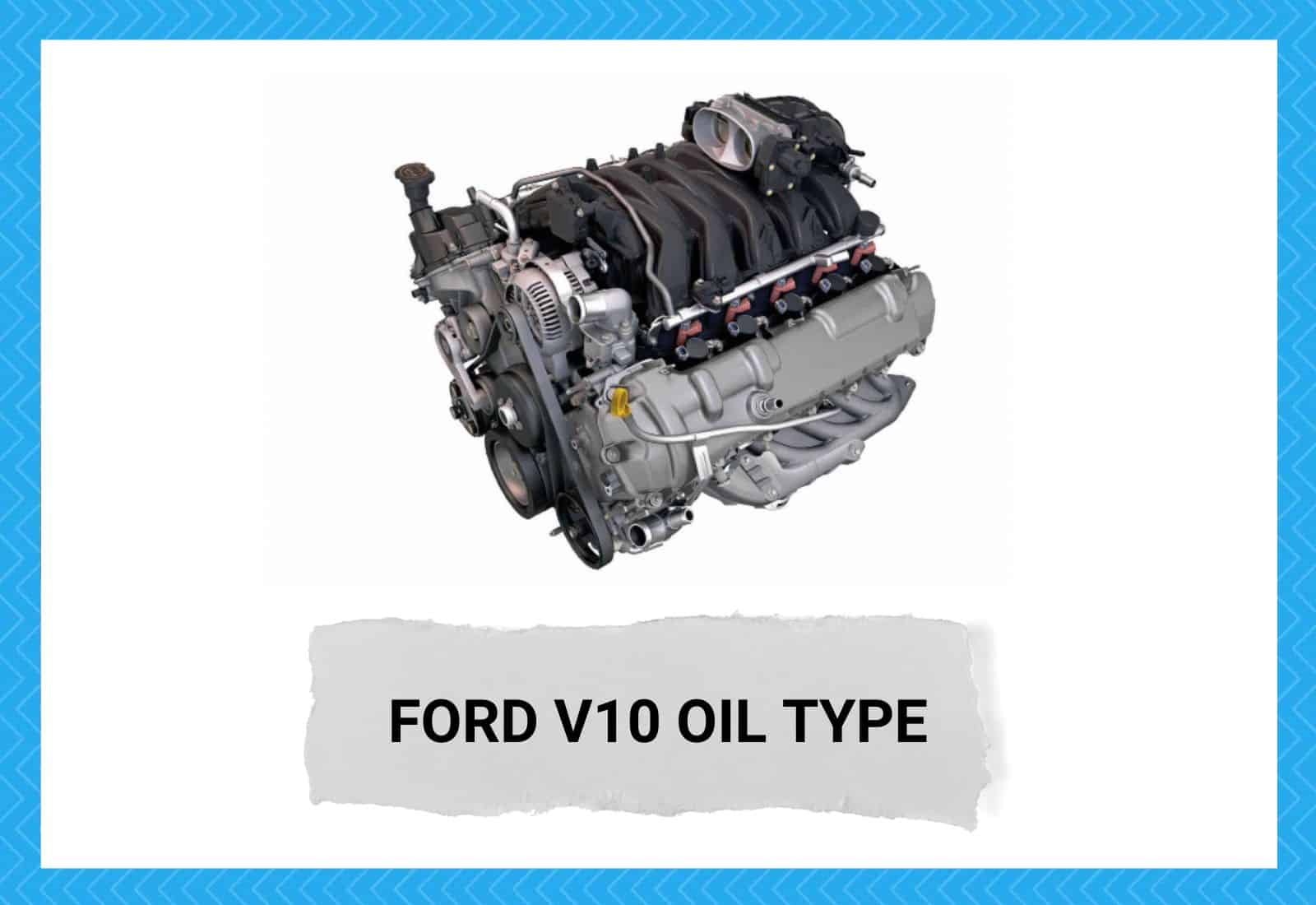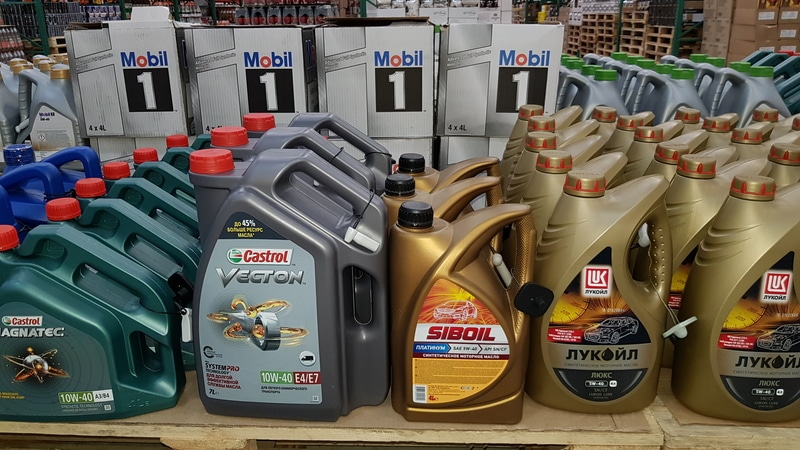
Introduction
Identifying the optimal oil type for your vehicle can be more complicated than it sounds. It is even more significant when you are dealing with larger working engines like Ford’s V10.
This remarkably capable engine houses around 360 horsepower and is often used in working trucks due to its immense pulling power.
However, it is vital to provide your engine with the ideal oil to allow it to function as efficiently and for as long as possible. Thus, this article will discuss precisely the most appropriate oil to keep Ford’s V10 on the road for years to come.
What Does Engine Oil Do?
An internal combustion engine is a machine that produces power by igniting flammable material to produce power that is transformed into kinetic energy.
The complex internal mechanisms within an engine must be metal to deal with the extreme conditions within the combustion cycles.
Oil is a vital element of a functioning engine. Without it, the metal would very quickly heat up, welding and fusing it together into a solid block of useless metal.
Engine oil is the essential lubricant that vastly reduces friction and allows the moving component to operate freely with minimal heat and interference.
Understanding Engine Oil Values
You may have seen a large supermarket aisle filled with many oil variants with undesipherable grades on them. You will rightfully be confused as they take a little getting used to.
Often they come in the form of something like 5W-40. The first number, ‘5,’ refers to the oil’s viscosity at low temperatures. Hence the ‘W’ references winter conditions for the vehicle.
The thicker the oil becomes as the temperature drops, the more difficult it will be to start. Therefore people in a colder climate will have to be very aware of their oil rating to prevent them from having a summer-only vehicle.
Essentially, the lower the number, the better it will be at adapting to cold weather conditions.
The ‘40’ refers to the oil’s viscosity when the engine reaches 100 degrees Celsius. This number refers to the oil’s efficiency at higher temperatures. The higher the number, the better it is at dealing with higher temperatures.
This rating benefits drivers who regularly use engines at their limits or live in scorching climates.
4 Types of Oil
Again, the simple task of putting oil in your Ford V10 is more complicated than you may have realized. Beyond the oil grading system, there are also four types of oil that you can use in your engine. They are as follows:
- Mineral Oil: This is generally the cheapest available oil as it is a simple, refined natural oil. It tends to have the worst friction rating due to its uncomplex nature and will require more regular changes in an average vehicle.
- Fully-Synthetic Oil: Often the most costly option, it is a specifically designed and precisely synthesized oil to ensure maximum efficiency for your vehicle. They tend to have engine-preserving additives as well as lasting the longest period of time in your engine before a change is required.
- Semi-Synthetic Oil: This cost-effective option combines mineral oil with synthetic oil to harness the combined benefits.
- High-Millage Oil: This is a medicinal oil for older engines. They tend to include a higher ratio of additives and have a thicker viscosity. This will allow the oil to more easily plug gaps in the engine’s worn system and allow it to perform for longer.
Ford V10 Oil Type
More modern engines have been designed with much more precise tolerances and performance conditions to improve efficiency.
However, compared with the older generation, they are far more fussy and well-balanced machines that must be treated with great care. Therefore, you should always review and follow the manufacturer’s instructions.
Consulting the Fords V10 owners manual will instruct you to use 5W-20 oil for optimal performance.
However, there are no specific requirements for the type of oil. Assuming the engine is relatively new, it would be wise to use fully synthetic oil, providing the engine with the greatest chance of longevity and performing as efficiently as possible.
However, it is the more costly option initially. However, it will save you time and money over time as it requires fewer oil changes and hopefully produces fewer mechanical issues.
However, if the engine is older and used in more extreme conditions, it may be sensible to review other oil options.
High-mileage oil may be recommended if the engine is older and has completed over 100,000 miles. Additionally, if the engine is a working vehicle and spends a lot of time at maximum capacity, it is also sensible to use this oil.
The additional additives and the slightly thicker viscosity can allow the engine to be supported for longer and perform better in more intense conditions.
Although it is not explicitly recommended in the user’s manual, you should consider the oil grading if you live in colder climates.
This would not be for average winters but for more extreme conditions where the vehicle operates closer to the arctic circle at very low temperatures for months at a time.
It should be considered a manufacturer’s oversight as the Ford V10 is an ideal engine for an all-terrain truck that must take large workloads over rough geography.
Conclusion
It is abundantly clear that the long-standing history of Ford’s V10 is a testament to its toughness and reliability.
However, it is essential as sensible owners that we provide the best possible conditions for the engine to perform for as long as possible before it develops a fault.
This article has illustrated every aspect of engine oil variants and equipped you with the necessary information to make an informed decision about the most appropriate oil for your V10.


